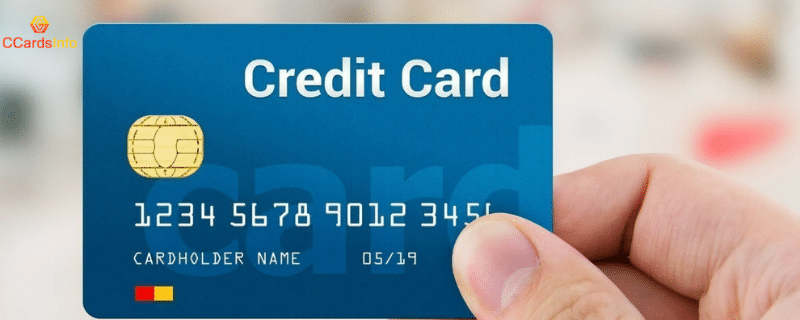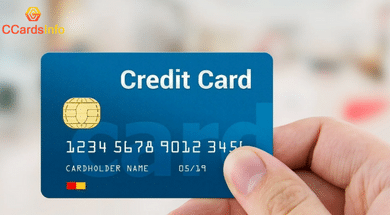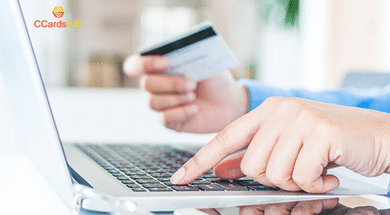Credit cards act as extremely short-term bank loans. Your credit limit is determined by your income, level of debt at the time, and credit score. When you use a credit card, the retailer withdraws funds from your bank, and you are then responsible for paying the lender back within the next month.
Generally, a statement explaining all of your purchases for the previous month is sent out around the fifth to eighth of the month. You have 21 to 25 days to settle the balance before interest is applied.

Risks of Using a Credit Card
Decrease in Credit Rating
Since using a credit card is equivalent to borrowing money, late payments or defaults are noticed by credit bureaus in your credit report, which lowers your credit score. The major factor that lowers your credit score is your higher credit utilization ratio. This ratio represents how many credit card balances you currently have left over in comparison to the total amount of credit you have. When you exceed this level, credit bureaus lower your credit score because lenders view a credit utilization ratio over 30 to 40% as a sign of credit hungriness.
Overspending
If you can’t resist the urge to spend money, a credit card can be a risky tool. The simple availability of credit not only lessens the pain of making payments but also encourages people to purchase or consume more. Many people are tempted to make unnecessary purchases by their appealing reward points, discounts, and cashback offers. As a result, a lot of people end up spending more than they can afford to pay back.
Credit card fraud
Fraudsters typically start a credit card fraud by trying to copy your card (skimming) at POS terminals or ATMs, or by getting access to your information through emails or phone calls. They might also commit identity theft by applying for a new card in your name using your personal information.
High cost of interest
When a credit card user fails to pay their entire bill by the due date or makes an ATM withdrawal, finance charges, also known as interest rates, is applied. Between 22 and 47% p.a. can be charged for these fees. The majority of people who pay this fee do so because of financial difficulties, but many also do so out of simple carelessness or a misunderstanding of the Minimum Amount Due. The “minimum amount due” payment only protects you from late payment fees; it does not protect you from finance charges. Once you fail to reimburse your entire bill amount, all subsequent transactions will be subject to finance charges as long as the older unpaid balance is not settled.
Selecting the wrong card
It can be difficult to choose the best credit card because each credit card issuer offers a variety of cards with different features, fees, and benefits.
The majority of credit cards are targeted at particular customer demographics and spending patterns, so selecting the wrong card could result in a significant loss of reward points and other benefits.
Conclusion
Most people should aim to have a credit card and use it wisely because it can be useful.
But they show a risk, so we must all exercise caution when using credit cards. You must always pick a credit card that fits your lifestyle so that you can maximize your rewards on frequent purchases. Make sure you are getting the most benefits for the least amount of money, instead of obtaining a card solely based on a joining bonus or pre-approved offer.




